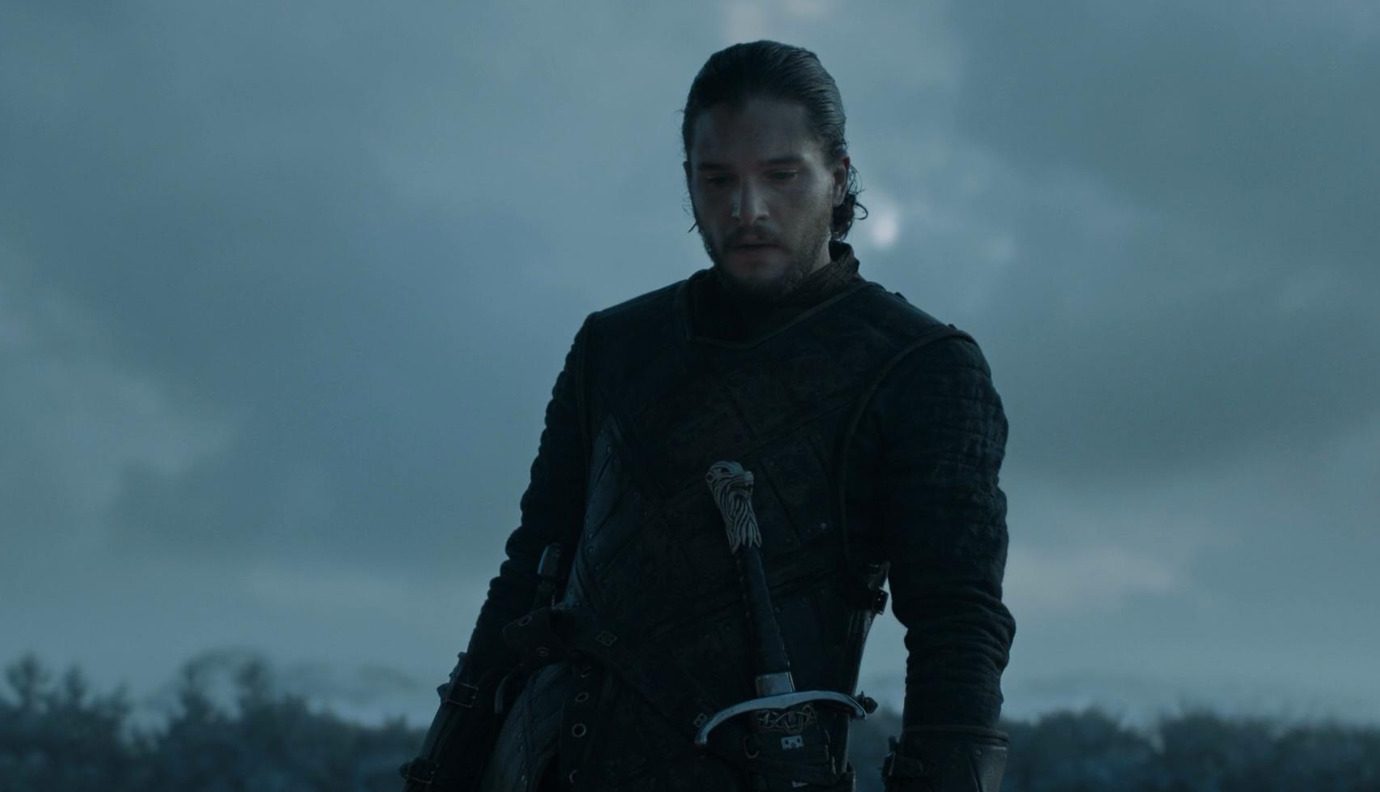It’s impossible to argue that “Game of Thrones” was really, really wonderful when it was at its peak; the shine may have worn off a little after what many believe was a terrible finale. The HBO fantasy series captivated the emotions and hearts of millions of viewers over the span of eight seasons, with hundreds of locations and more complex plot twists than any one of Daenerys’ hairstyles.
The HBO series “Game of Thrones” provided fans with a wide range of content, including epic battles, sweeping romances, tragic heartbreak, and political drama. And occasionally, all of those various components and plot lines would come together perfectly to create the ideal mixture of drama, suspense, emotion, and thrills in a single episode. Of course, some did this better than others, but quite a few episodes managed to hit all the right notes to deliver a fantastic viewing experience. Although it was difficult, we were able to narrow them down to the top 10 episodes that remind us why we loved this series so much.
Here are the Top 10 Best Game Of Thrones Episodes:
The Laws of Gods and Men
The most exciting scenes in “Game of Thrones” typically go along with heroic sacrifices or spectacular battles, but every so often, a scene can raise the hair on our necks just through the power of words. This happens in the episode “The Laws of Gods and Men,” which is set in the middle of the fourth season and involves Tyrion Lannister’s trial for the killing of Joffrey Baratheon.
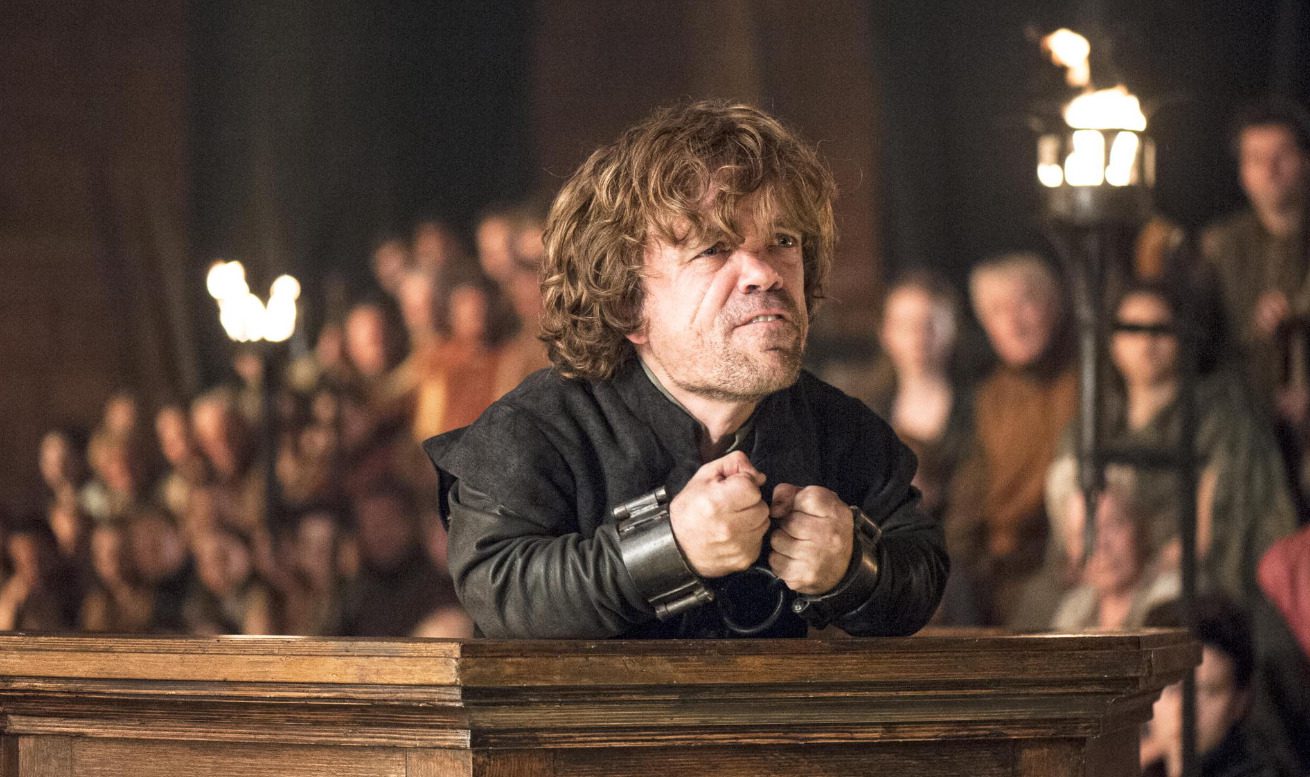
Tyrion reaches his breaking point when his lover Shae (Sibel Kekilli) lies to the witness to claim that she assisted Tyrion in the murderous plot after being subjected to the weak testimony of a number of opposing witnesses, the majority of whom have a personal desire in Tyrion being found guilty. Tyrion then delivers a furious monologue in which he verbally rips his accusers to pieces before seeking a trial by combat out of a sense of betrayal and loss. Daenerys’ dragons killing villages and Theon Greyjoy (Alfie Allen) ignoring his sister’s offer to be rescued are only two of the episode’s many subplots, but Tyrion’s trial’s drama overshadows them all.
Also Read: Top 10 Highest Grossing Australian Films of All Time
The Door
Taking place in the middle of the sixth season, “The Door” develops multiple plotlines, but we bet you only remember one of them. Arya sees a group of actors mimicking her father’s execution, Yara and Theon leave the Iron Islands, and Jorah informs Daenerys that he has got greyscale. However, the majority of the episode is on Bran and his traveling companions as they venture north of the Wall. Bran is unintentionally touched by the Night King while experiencing a vision after getting to know the Three-Eyed Raven (Max von Sydow) and discovering the real story of the White Walkers. The Three-Eyed Raven informs Bran that he must escape and starts giving his knowledge to Bran after realizing that this will attract the Night King to them.
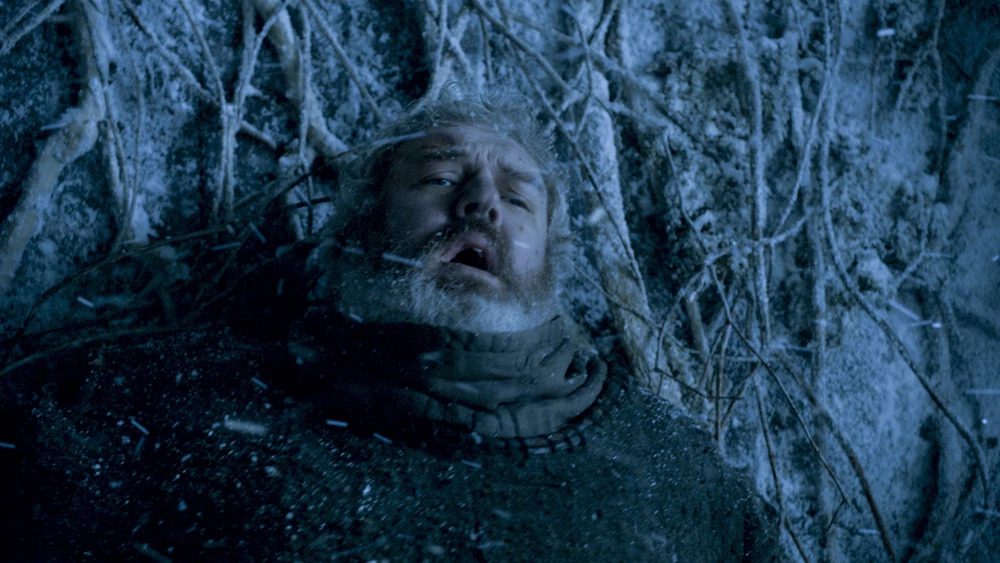
Friends of Bran fight off an army of wights as Bran’s consciousness shifts between visions. While still in the visions, Bran orders Hodor (Kristian Nairn), his servant, and makes use of his physical ability to help the group in escaping. However, despite the wights tearing him apart and Merra yelling at him to “hold the door,” Hodor stays behind to hold the door shut as Bran & Meera escape the hideout. Bran simultaneously watches a young Hodor collapse and stutter, saying “hold the door” repeatedly until it reduces to one word: “Hodor.” One of the series’ most unexpected and tragic turns—leaving us with tears on our faces and our jaws on the floor—was discovering the meaning of Hodor’s name.
The Watchers on the Wall
Season 4’s “The Watchers on the Wall” is an excellent example of how to use an action-packed episode to create an emotional, character-driven story. “Game of Thrones” frequently preferred to put important fights in its penultimate episodes rather than season finales. The entire episode is set near the northern Wall, where Jon Snow recently reunited with his Night’s Watch brothers after leaving his lover Ygritte and the Wildlings behind. The two are aware that once the Wildlings attack, they will be on opposing sides, but while they are confident that they will handle it, the audience is not.
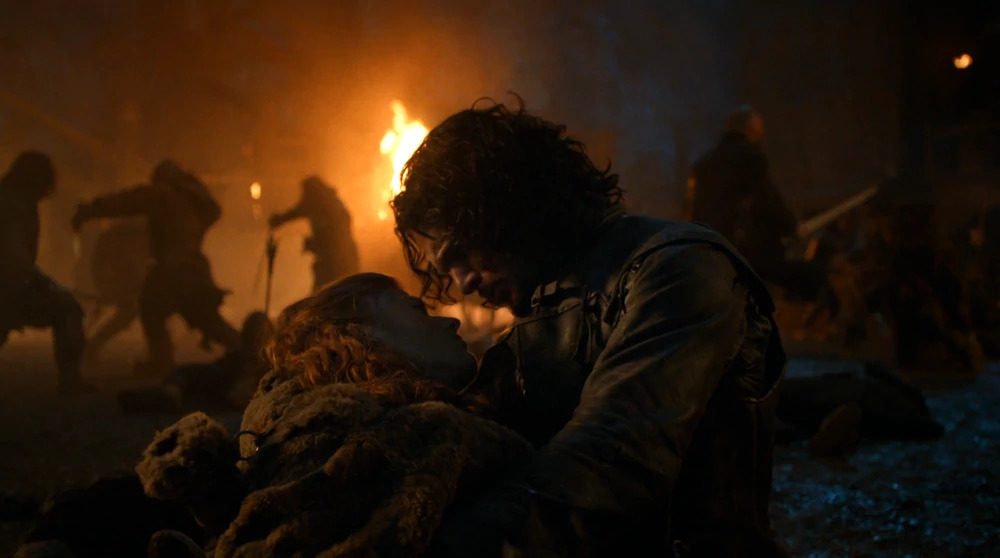
As the Wildlings attack the Night’s Watch at Castle Black and pin them in, the battle itself is a brilliantly claustrophobic action sequence, but the sequences that stick with you the most are the ones that take place in pockets of stillness. The minute Ygritte and Jon are face to face, they both understand that their feelings are more complex than they would like to admit. However, Ygritte is then struck with an arrow and dies in Jon’s arms. The touching scene in which the terrified Night’s Watch brothers, who are tasked with guarding an inner gate, recite their vows to one another and collect their last bit of bravery in order to make their last stand, is the only one that may compare to the sadness of Ygritte’s death.
The Lion and the Rose
On “Game of Thrones,” weddings are frequently rather gory ceremonies, and what would become known as the Purple Wedding between Margaery Tyrell and Joffrey Baratheon only serves to highlight this point. Before the wedding, Jaime trains with Bronn to fight with one hand while Tyrion sends his beloved Shae away to try to protect her. By speaking aggressively to get Shae to leave, Tyrion unintentionally sets up Shae’s eventual betrayal.
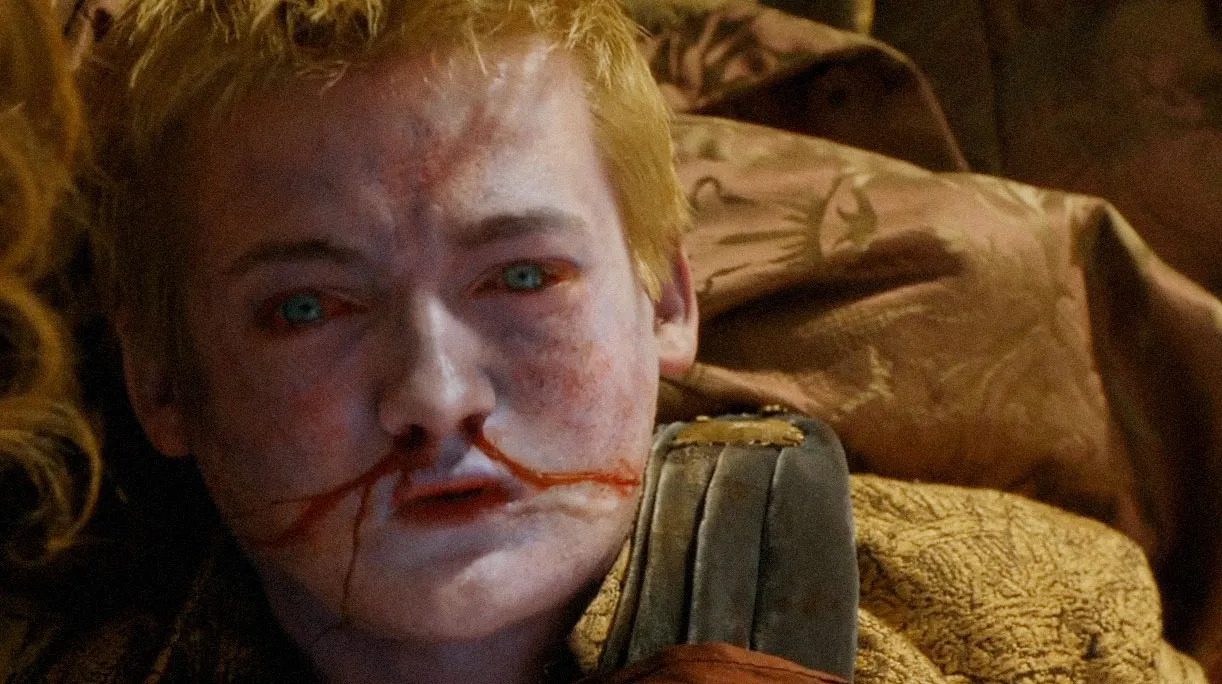
The King’s Landing nobility gathers at the Red Keep for the wedding celebration after a magnificent ceremony, when Joffrey takes great joy in humiliating Sansa, Tyrion, and anyone else who catches his eye. Even though Margaery makes every effort to resolve the situation despite her awful new husband, she is at a complete loss as Joffrey starts choking and falls, turning purple from poison. Sansa takes advantage of the opportunity to leave King’s Landing as Joffrey writhes on the ground. As Joffrey exhales his final breaths, he points towards Tyrion, who is then detained for the king’s murder: a dramatic way to say goodbye to one of the evilest characters in the series.
Also Read: Top 10 Marvel’s Eternal Facts You Need To Know
The Mountain And The Viper
Vulnerability is the main theme of “The Mountain and the Viper.” Every person who receives attention in this episode has a weakness that was created by them. Vulnerability, however, is far from a sign of weakness because it shows how one of George R.R. Martin’s central ideas in the books—that characters are at battle with their own hearts—is present in the show. The core principle of this episode is that while we draw power from our vulnerabilities, they can also unmake us in unpredictable ways.
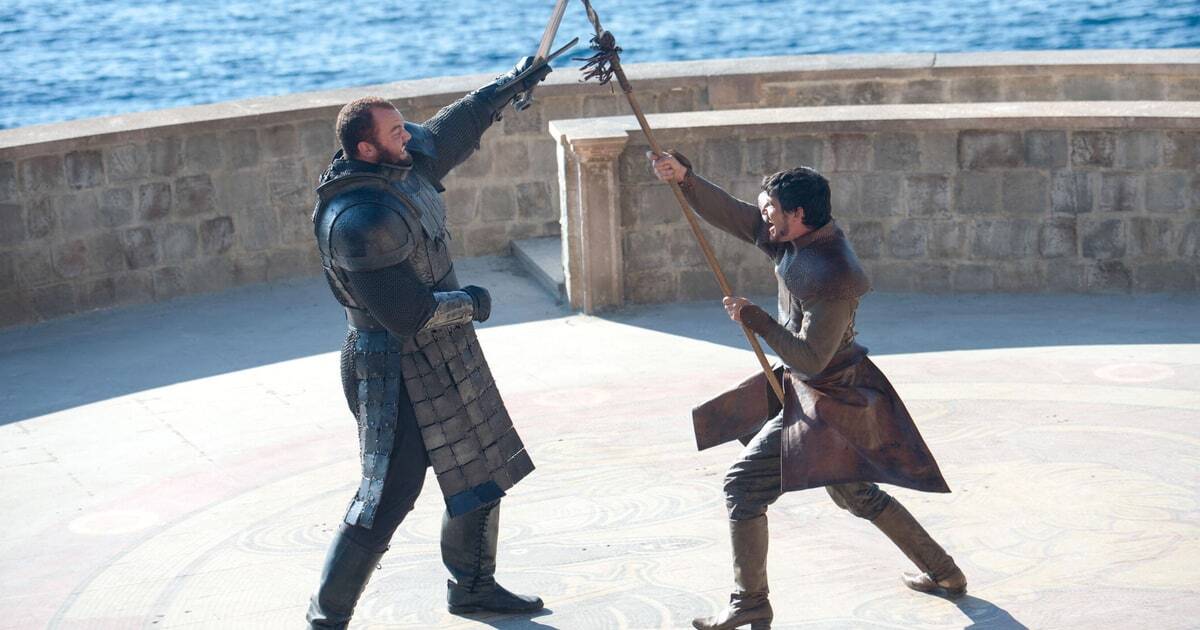
Oberyn is vulnerable as well, as we were just discussing. Oberyn is quick and agile, expertly dodging the Mountain’s ferocious strikes, much like Bronn in Tyrion’s first trial by battle. However, the taunting is what this scene is all about. He shouts, “You killed her; you murdered her children, you raped her! Who gave the order? Oberyn’s own downfall comes from his affection for the women in his life and his desire for revenge on their behalf. The Mountain eventually confesses to his crime, but he does not do it out of a sense of guilt or justice; rather, he does so in order to spit the words back in Oberyn’s face just before he tosses Oberyn’s face down.
Blackwater
The “Game of Thrones” series features huge battles all around Westeros, and with “Blackwater,” King’s Landing gets its chance to be in the middle of it all. Cersei is taken into a hold together with the other women and children, including Sansa, to wait out the war as Cersei’s soldiers prepare for an attack by Stannis and his army. Unaware that Cersei has given instructions to kill them all if the fight goes poorly, the women and children are unaware of this.
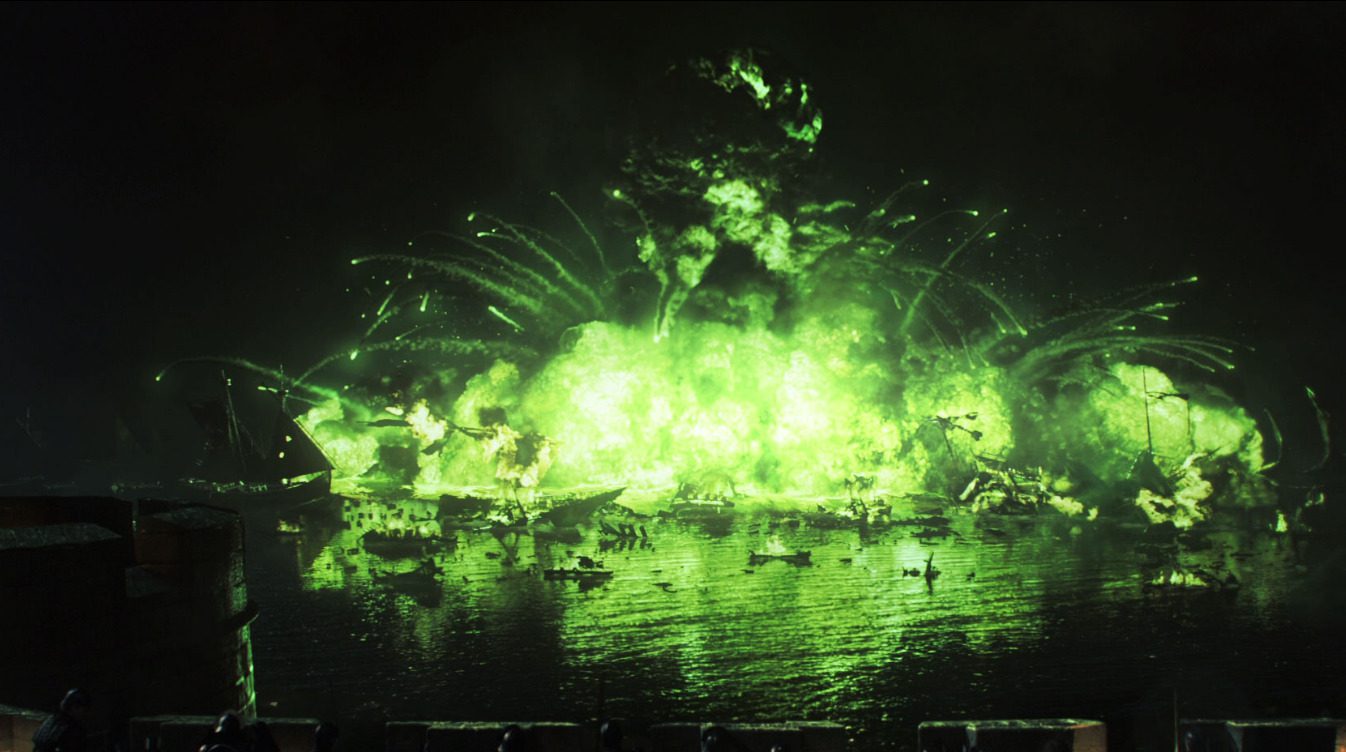
Fortunately, Tyrion’s fast thinking prevents that from happening. His skillful military thinking swings the balance of the battle in the Lannister soldiers’ favor, providing King’s Landing citizens enough time for his dad Tywin (Charles Dance) to show up and complete the job and secure the victory. Sansa begins to show leadership potential, Tyrion proves useful in battle, and even the good-hearted squire Podrick Payne gets a chance to prove his worth. It’s a tight, exhilarating episode with some great moments for generally uncelebrated characters.
Hardhome
Towards the conclusion of the 5th season of “Game of Thrones,” in the Wildling village of Hardhome, there are a few minor conflicts before the first major confrontation between the living and the dead. It turns out that Jon and Tormund’s efforts to convince the villagers to relocate south of the Wall in preparation for the White Walker attack were unsuccessful, and the wights had already surrounded them. Although Jon and the Wildlings have dragonglass blades and Valyrian steel to defend themselves against the White Walkers, they are still swiftly outnumbered and are compelled to retreat back to the Wall. As they go, they see the Night King turning all of their lost comrades into wights.
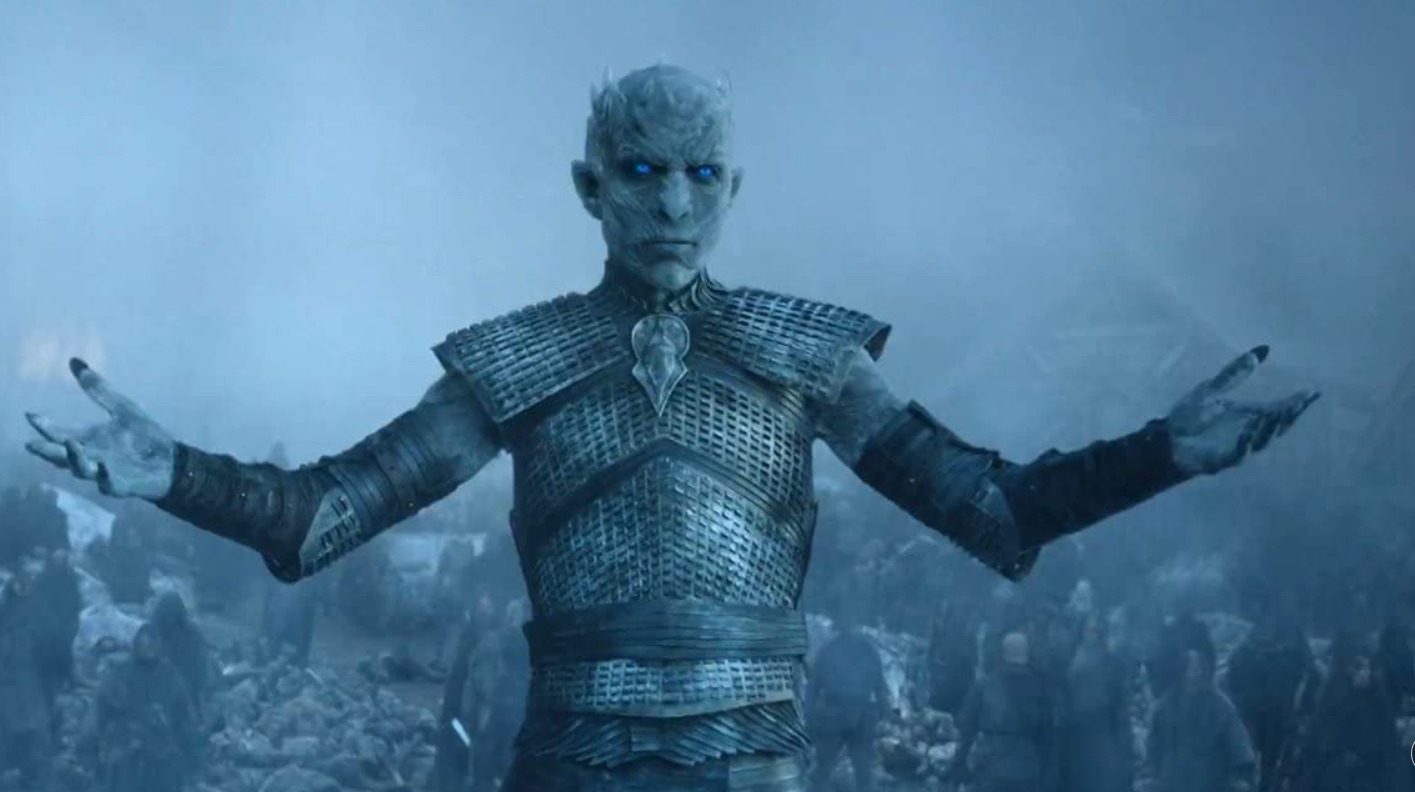
Other moments have Daenerys banishing a shamed Jorah and her memorable remark about “breaking the wheel.” The Boltons prepare for war with Stannis’ army as Ramsay imprisons Sansa and Theon, and Cersei falls to a new low while being detained in the King’s Landing prisons by the High Sparrow. Although it ultimately results in a tragic defeat, the stunning battle at Hardhome is without a doubt the episode’s high point, brilliantly presenting thrilling action and heart-pounding suspense.
The Winds of Winter
The Season 6 finale, “The Winds of Winter,” is, in our opinion, the best standalone episode. The first 20 minutes of the show are spent with Cersei and Loras Tyrell getting ready for their trials, each to a sad piano piece. The problem is that Cersei refuses to leave her chambers and prevents her son King Tommen from leaving his. A number of events occur simultaneously, including the murder of Grand Maester Pycelle by Qyburn’s child spies, the discovery of a cache of a wildfire under the Sept by Lancel Lannister, the Sept’s explosion, and Margaery Tyrell realizing the trial is a trap just before the wildfire is lit and the Sept explodes, killing everyone inside.
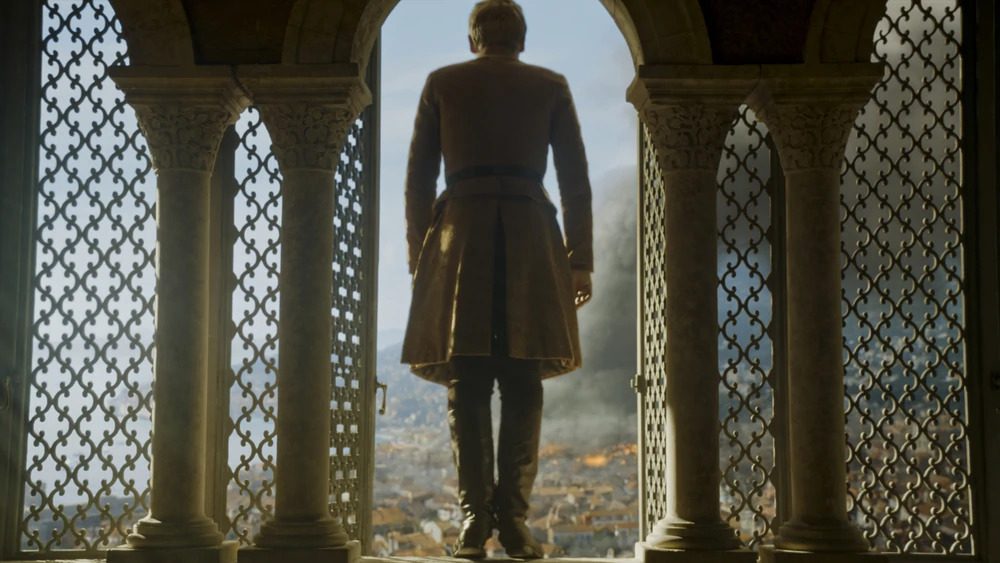
The remainder of the episode is equally powerful, with young Lyanna Mormont uniting the Northern lords behind Jon Snow. Olenna Tyrell and Ellaria Sand swear loyalty to Daenerys in Dorne, and she eventually sets sail for Westeros from Meereen. Arya finally exacts her long-awaited revenge on Walder Frey at the Twins, horrifyingly turning his sons into pies before unveiling her true identity and slicing his throat. And at the Wall, Bran experiences a vision of Jon’s birth, showing that he is not Ned’s son but rather Lyanna Stark, Ned’s sister. It is a wonderful episode that shows how excellent “Game of Thrones” could be when everything is working perfectly. It is packed with important developments, breathtaking surprises, and eagerly anticipated payoffs.
The Rains of Castamere
Although there are other events besides the Red Wedding in “The Rains of Castamere,” we won’t hold it against you if you can’t recall what they are. Bran discovers for the first time in the episode that he has the ability to warg into Hodor’s head just before using his abilities to help an unaware Jon in escaping his Wildling captivity. The fact that the Stark brothers are so close to one another without ever having met and without Jon even being aware of it is a bittersweet moment.
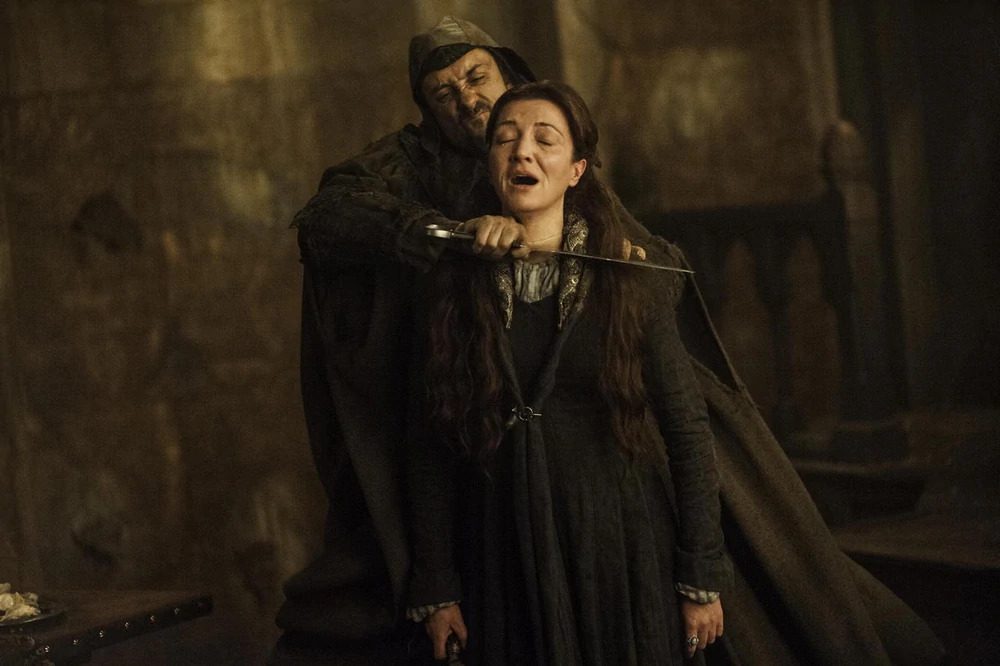
The Red Wedding, however, naturally takes center stage in this episode when Catelyn, Robb, and Robb’s wife Talisa attend a Walder Frey wedding. Robb had a previous engagement with Walder’s daughter, but he dropped out when he fell in love with Talisa earlier in the season. The Freys have other ideas and have formed a secret pact with the Boltons to kill the Stark family and all of their warriors. The Freys assume that everything has been forgiven, but the Starks believe otherwise. The bloodshed starts as soon as Catelyn realizes the betrayal, and the second half of the episode is filled with tension as Arya, who has sneaked into the city to find her family, watches helplessly. It’s a tragic episode, but it was expertly done both physically and symbolically.
Battle of the Bastards
There are many battles in “Game of Thrones,” but none nearly as viscerally striking as the Battle of the Bastards, in which Jon Snow’s army faces Ramsay Bolton’s army in an effort to retake Winterfell. The episode is set around the end of the sixth season of the tv series when it had the resources to produce a battle scene that could compete with anything you’d see on the big screen. However, despite the episode’s enormous scope and spectacle, it still manages to weave a moving story throughout its chapters, beginning with the heartbreaking death of the youngest Stark sibling Rickon by Ramsay in front of his siblings.
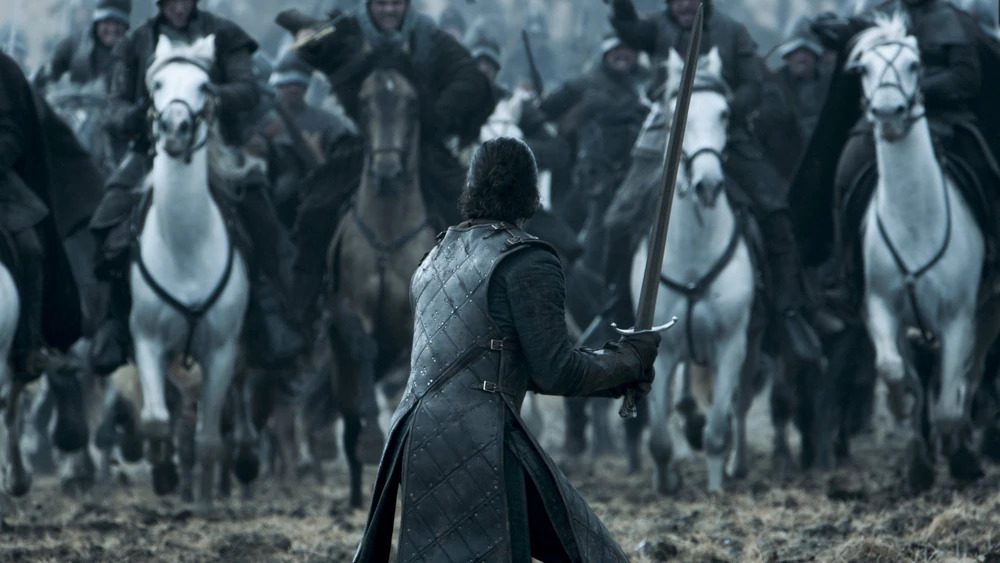
When the battle starts, all of Jon’s thoughts of using diplomacy disappear, and there is such a dense presence of dead bodies that he almost chokes. When all hope seems gone, help unexpectedly shows up in the form of the Knights of the Vale, who were called to action by Sansa because she was aware of Ramsay’s capabilities. After the Bolton armies are defeated, Jon defeats Ramsay by himself but refrains from actually killing him so to save the honor for his sister. Sansa feeds Ramsay’s own dogs at the end of the episode, giving him the same punishment he’s given out to countless others.
Also Read: Top 10 Most Popular Game Of Thrones Characters: Jon Snow Is Not On The Top

